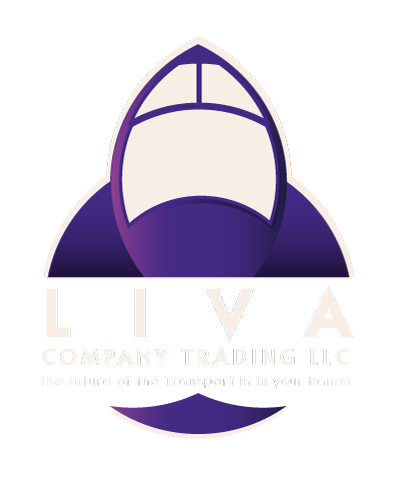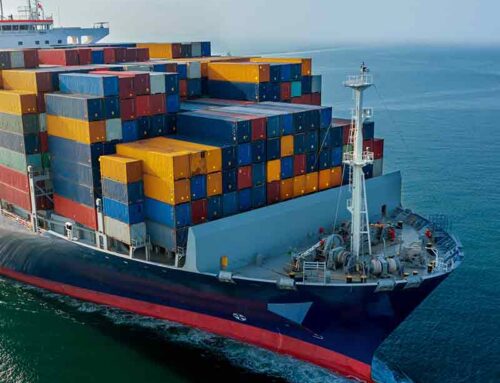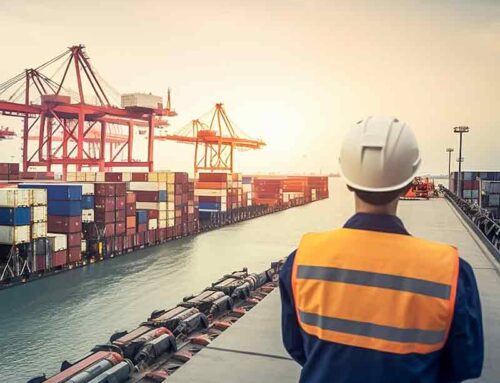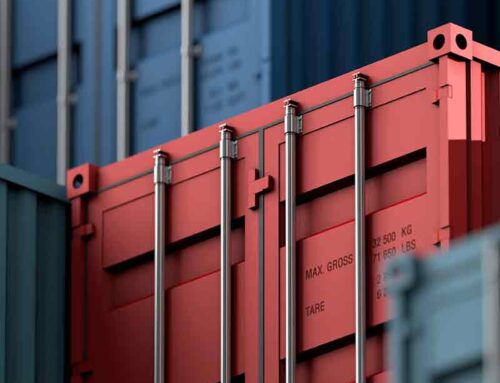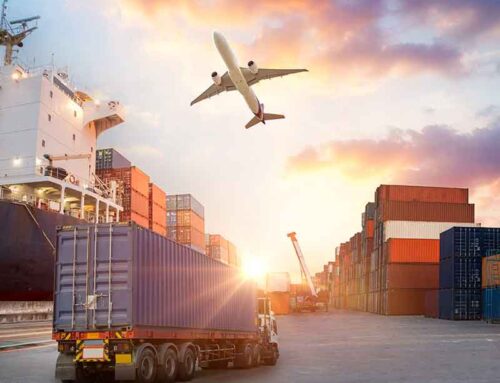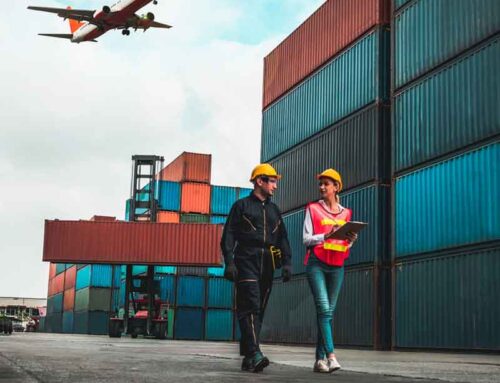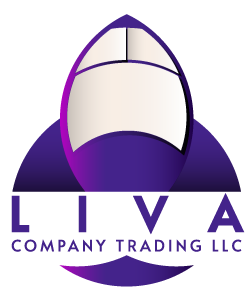Ocean Less-than-container-load (LCL) services
Ocean LCL services involve consolidating multiple shipments from different shippers into a single container for overseas transportation. This allows shippers to save on freight costs compared to renting an entire container (FCL).
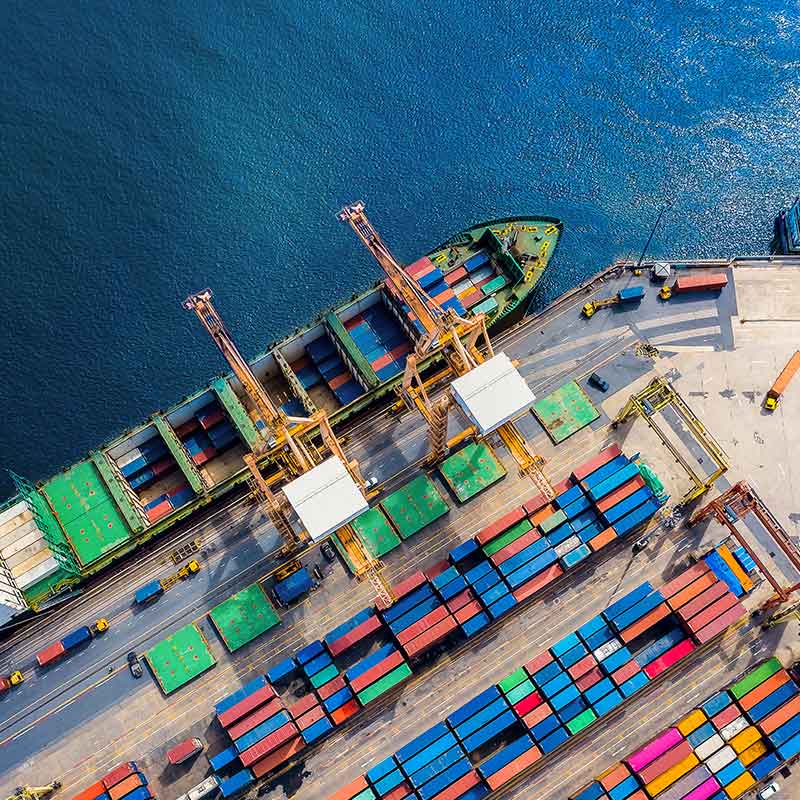
Advantages:
Cost savings: Shippers can share container space and freight costs with other
companies, making it more affordable than FCL.
Flexibility: LCL services offer more flexibility in shipment size and schedules
compared to FCL.
Convenience: Shippers can leave the consolidation and shipping process to the
carrier.
Reduced risk: By combining multiple shipments, LCL can reduce the risk of
damage or loss compared to full container loads.
How LCL Works:
Consolidation: Shippers prepare their goods and label them with the destination.
Collection: The carrier collects the shipments from shippers and transports
them to a consolidation warehouse.
Packing and loading: The carrier combines the shipments into a container and
secures them properly.
Shipping: The container is shipped overseas to the destination port.
Deconsolidation: At the destination, the container is unloaded and the individual shipments are distributed to consignees.
LCL Consolidation Methods:
Co-loading: Combining shipments from different shippers into the same container.
Groupage: Consolidating shipments with similar destinations or cargo types into smaller lots within a container.
Factors to Consider When Using LCL Services:
Shipment size: LCL is suitable for small to medium-sized shipments.
Freight density: Dense cargo requires less container space, resulting in lower freight costs.
Destination: Shipping distance and port congestion can impact transit time and freight rates.
Special requirements: Certain commodities may require special handling or temperature-controlled containers.
Customer service: Choose a carrier with a reputation for reliable and efficient
LCL services.
Additional Services Associated with LCL:
- Door-to-door pickup and delivery: The carrier handles the entire transportation process from origin to destination.
- Customs clearance: The carrier assists with the preparation and submissionof customs documentation.
- Insurance: The carrier may offer insurance options to protect shipmentsduring transit.
- Tracking and visibility: Shippers can track their shipments online or through mobile apps.

